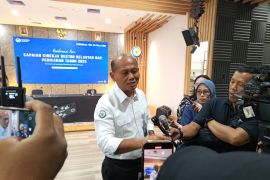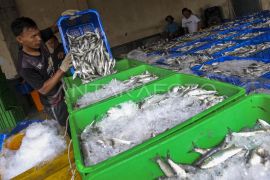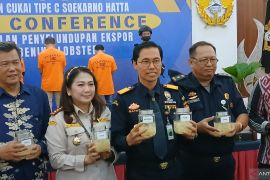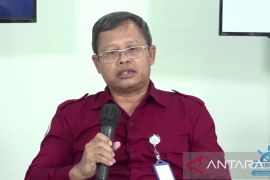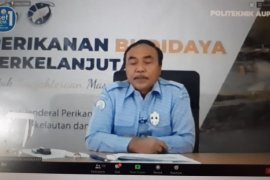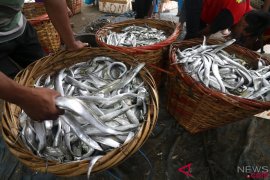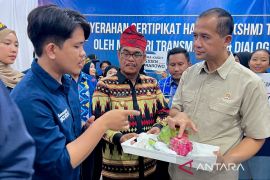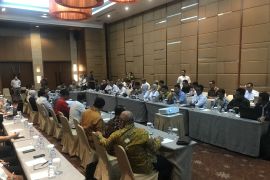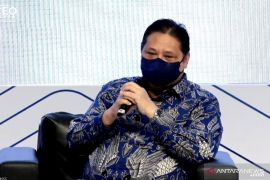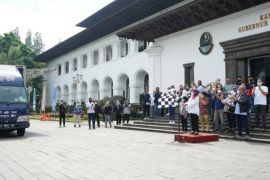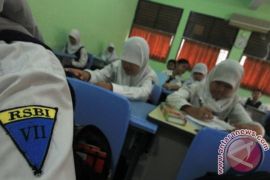The project in Wakatobi will serve as a model for seaweed farming in other areas, similar to the area-based shrimp cultivation ponds (BUBK) project that can be replicated in other regions, he noted.
Trenggono pointed out that environmental sustainability will be a key focus of the seaweed farming project, including the use of coconut fiber to replace plastic ropes in binding the seaweed.
"The project in Wakatobi will use coconut fibers. They are reusable and environmentally friendly, as they will not break down into microplastics," he explained.
The coconut fiber-based seaweed rope will be cheaper than plastic rope in the long run, he stated.
Trenggono also said that his ministry would provide capital support to seaweed farmers through the Marine and Fisheries Business Capital Distribution Agency (LPMUKP).
"We will provide loans to them and set a repayment schedule based on their harvests. There will be various methods, but it will be more affordable," he remarked.
The ministry targets domestic aquaculture products to dominate the export market in the next five to 10 years.
The five prioritized commodities in the development are shrimp, lobster, crab, seaweed, and tilapia.
Related news: Indonesia invites South Korean investment in seaweed cultivation
Related news: Downstream effort will help bolster seaweed production: Minister
Translator: Sinta Ambarwati, Nabil Ihsan
Editor: Anton Santoso
Copyright © ANTARA 2023

